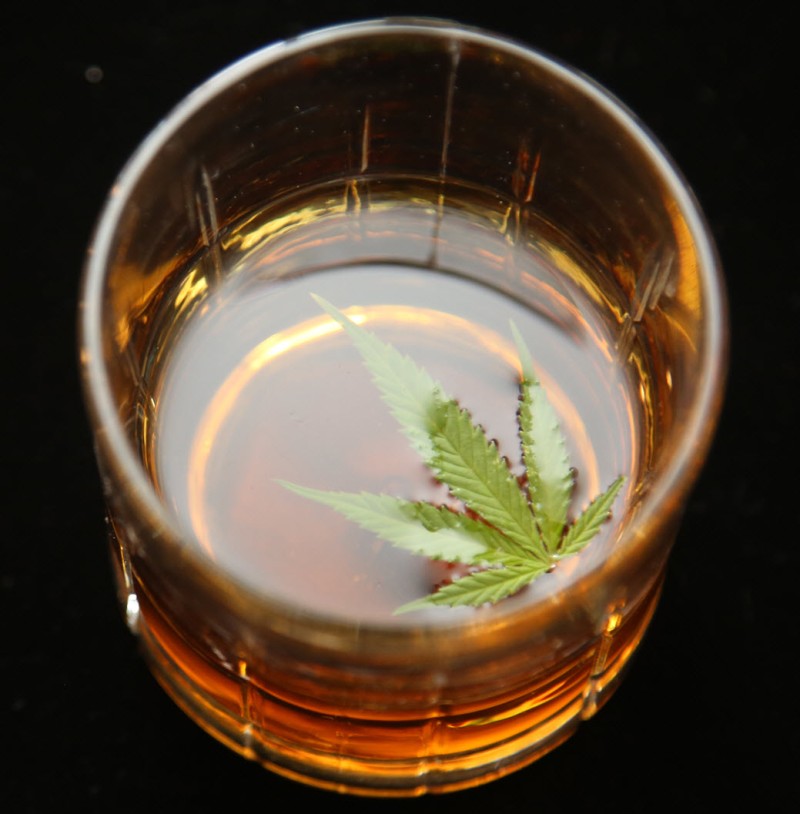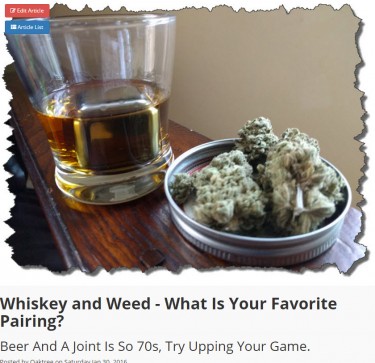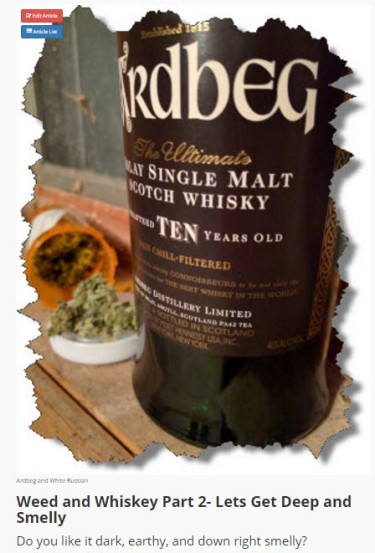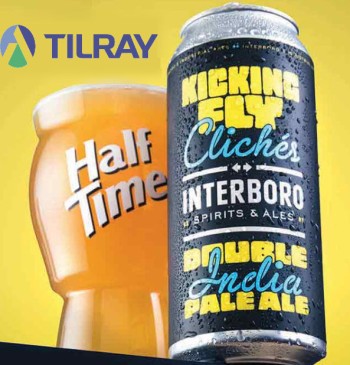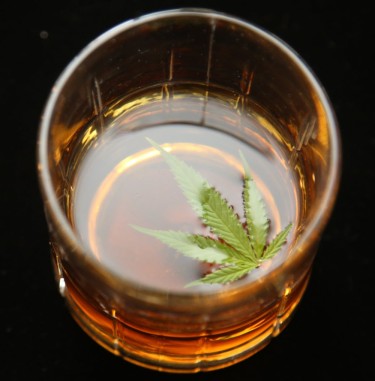
In December 2021, Tilray made headlines by purchasing Breckenridge Distillery, a Colorado-based distiller, in a large deal valued at $102.9 million with the intentions of infusing whiskey with cannabis.
“Tilray’s strength lies in our ability to identify and significantly expand leading CPG lifestyle brands that resonate powerfully with consumers. Breckenridge Distillery is an iconic addition to our platform in this respect based on its portfolio of award-winning spirits, passionate consumer engagement, and a strong sales and distribution network,” explains Tilray CEO and chairman, Irwin D Simon.
“We see tremendous potential for Breckenridge and our existing Sweetwater brand to complement each other, expanding their respective reach and driving further profitable growth in our beverage alcohol segment,” he adds in a press release.
“More generally, the Breckenridge Distillery transaction is consistent with Tilray’s strategy of leveraging our growing portfolio of US CPG brands to launch THC-based product adjacencies upon federal legalization in the US. These significant, diversified revenue streams are key to delivering on our ultimate goal of industry leadership with $4 billion in revenue by the end of fiscal year 2024.”
Breckenridge was founded by Bryan Nolt in 2008; they currently have an impressive portfolio made up not just of Bourbon whiskeys but also spiced rums and vodka among other spirits. Tilray explains that with the acquisition, they were hoping to develop cannabis-infused but nonalcoholic spirits such as Bourbon. In addition, they see the great potential of expanding the line of Breckenridge around the country, since 85% of their revenue still comes from Colorado. “We are excited to join Tilray and drive revenue growth as part of its global and leading CPG (consumer packaged goods) and cannabis-lifestyle platform,” said Nolt.
“The award-winning spirits that have driven our success will unquestionably benefit from access to Tilray’s global distribution network and opportunities to expand into cannabis and edible-related products in the US.”
Big Alcohol Sees Green In Cannabis
It’s no secret that the alcohol industry has been having their eye on cannabis for a long time now. After all, you’ve already likely seen numerous types of infused beverages if you live in a legal state. Cannabis beverages are going to be the next big thing, and there’s no doubt about it.
It all began in 2017, when Constellation Brands pioneered the move with a 10% investment into Canopy Growth, a Canadian cannabis firm. Though Constellation wants to keep a bigger stake in a company, they’ve lost millions of dollars from the deal. This hasn’t stopped other booze businesses from dipping their toes into the cannabis world: in 2018, Great North Distributors, a subsidiary of Southern Glazer’s, started distributing Aphria. Then in early 2021, Truss, a CBD sparkling water brand was launched by Molson Coors.
In the cannabis beverage market, the drinks are divided into 2 categories: CBD and THC. They are both attractive to drinkers as well as cannabis consumers for many reasons, primarily the facts that they are excellent alternatives to alcohol, have little calories, and have more health benefits compared to just alcohol.
Pairing cannabis with whiskey is just another brilliant addition; as anyone in the know can tell you, these two mix very well. However, state rule mean that there will be various ways for each beverage, whether THC or CBD infused, to market in various destinations. But since Colorado has social use licenses, which mean that businesses are allowed to sell marijuana to adults for consumption on site recreationally, they have become a great case study to look at. Aside from social use, there will be tremendous lucrative opportunities for hospitality businesses to offer these.
Another reason why cannabis beverages are skyrocketing is because we now have better technology that makes it possible. Infusing your favorite alcohol with weed no longer means you have to experiment at home, but the development of nano technology and other technology enables cannabinoids and terpenes in the plant to have a better bioavailability for the consumer, and make it more predictable. After all, edibles are notorious for having the slowest onset of all ways to consume marijuana but now alcohol and beverage industries are changing that.
Having said that, the cannabis beverage industry is still going to have to go through some obstacles even though many have paved the way for them. The hurdles are still legal in nature, but that goes for the rest of the industry too. Since products can be consumed recreationally in some states, THC-infused beverage businesses can eventually get the licenses needed to sell at dispensaries. But the same is not true for hemp-derived CBD, since the FDA has still been vague in that area. As of now, it’s still illegal to use CBD in beverages because it’s still deemed as unsafe by the FDA. And since it’s used in medications like Epidiolex, it technically is prohibited to put drug ingredients into food and drink.
That hasn’t stopped brands from joining the market with CBD-infused drinks, and besides, the FDA has limited resources to go after all of these brands.
Nevertheless, it’s clear there’s money to be made there. A report by MarketGlass states that the US cannabis beverage market is seen to reach $649.1 million at the end of 2021, and a cool $2 billion by 2026. So we wait and see how things play out with Tilray, and hope that the FDA makes it easier for CBD beverages to be more widely available.
WEED AND WHISKEY, READ MORE...
WHAT IS YOUR FAVORITE WEED AND WHISKEY PAIRING?
